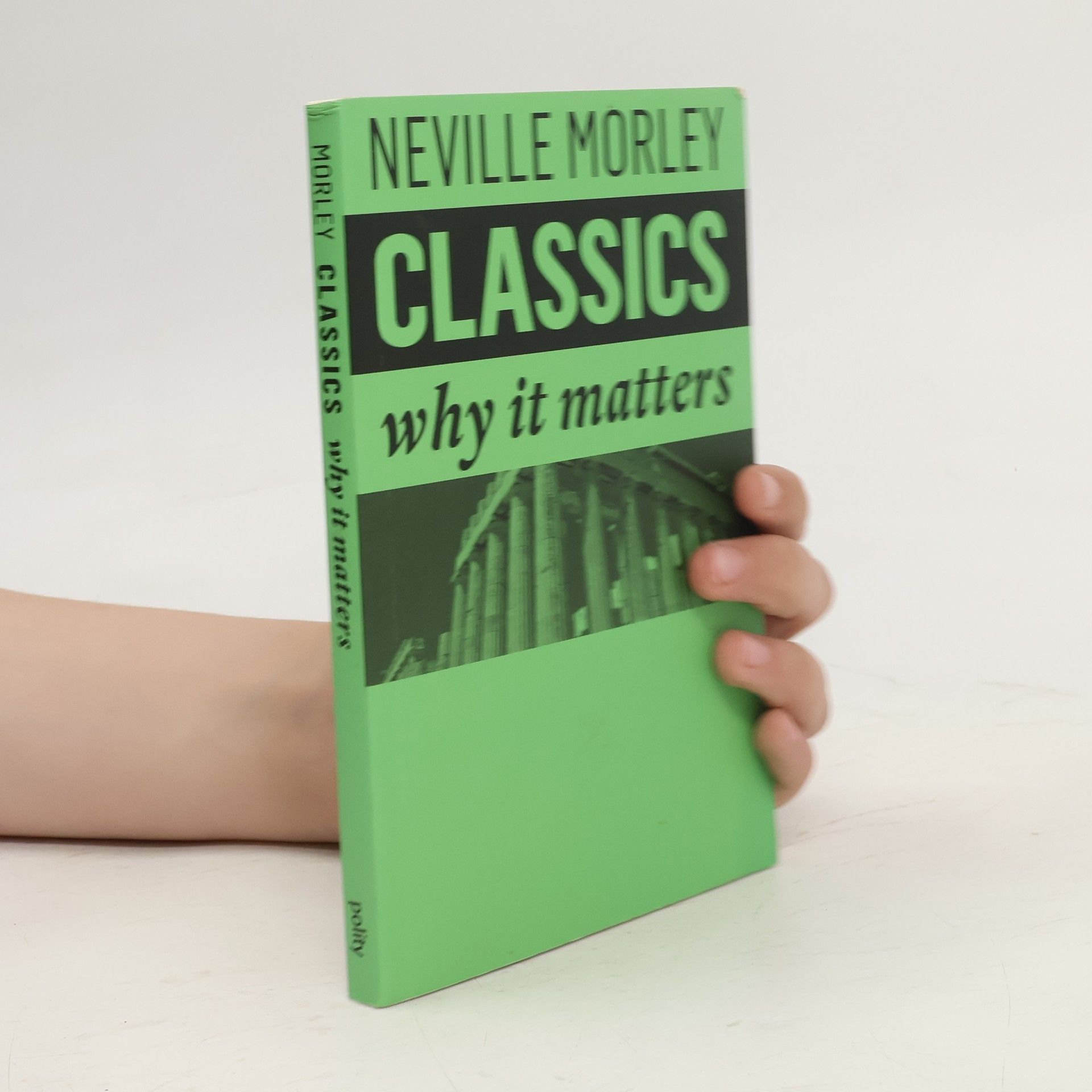Classics
- 140 Seiten
- 5 Lesestunden
For generations, the study of Greek and Latin was used to train the elites of the western world. Knowledge of classical culture, it was believed, produced more cultivated, creative individuals; Greece and Rome were seen as pinnacles of civilization, and the origins of western superiority over the rest of the world.

